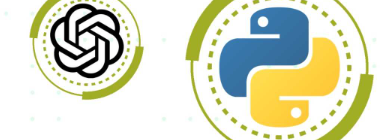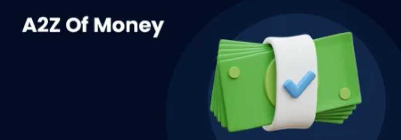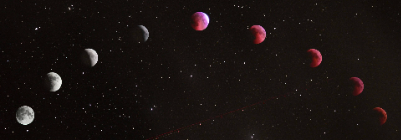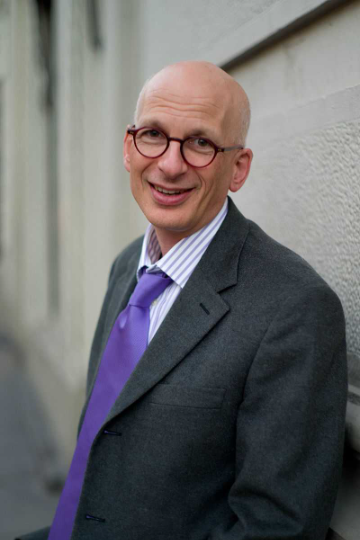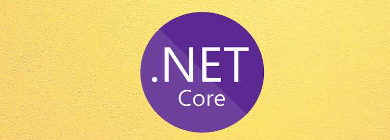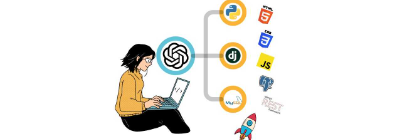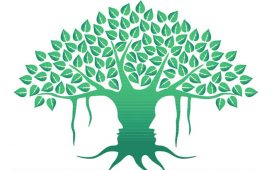While riding on a new horse, the farmer’s son fell and fractured his leg. The neighbours said it is bad luck, and the farmer nonchalantly replied, ‘Maybe.’ Soon, the army came to draft young men for war but did not select the farmer’s son due to his broken leg. The neighbours said that he was very lucky. The farmer reiterated, ‘Maybe.’Taoism is about surrendering to existence. Its core philosophy is that one should go with the flow of life with equanimity without offering resistance. Our ego is the resistance. Taoism is, therefore, called ‘way of the white clouds’, as they float and drift freely and will-less in the sky.
The parable teaches us not to be reactive or severely affected by life situations, but to take the highs and lows with equanimity and with a positive frame of mind as circumstances are not permanent but ever-changing.






